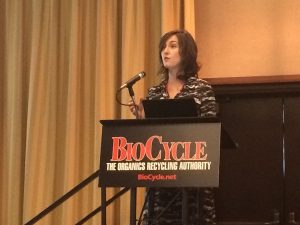
Ashley Zanolli of Oregon DEQ speaks at REFOR 2017.
In recent years, efforts out of Oregon have helped set the national pace on topics such as sustainable materials management and recycling metrics. Now, the state is beginning to do the same when it comes to food waste – or, more precisely, wasted food.


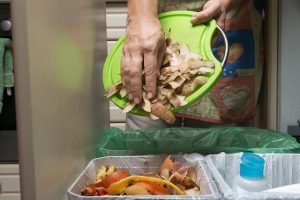 The Massachusetts Institute of Technology found that 40 percent of municipalities included in a research set have programs aimed at diversion of food material. And those cities are not all in regions considered hotbeds of environmentalism.
The Massachusetts Institute of Technology found that 40 percent of municipalities included in a research set have programs aimed at diversion of food material. And those cities are not all in regions considered hotbeds of environmentalism.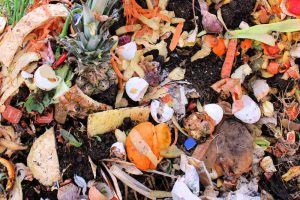 A group that uses corporate money to lift materials recovery has awarded a total of $350,000 to eight projects aimed at keeping organics out of the waste stream.
A group that uses corporate money to lift materials recovery has awarded a total of $350,000 to eight projects aimed at keeping organics out of the waste stream.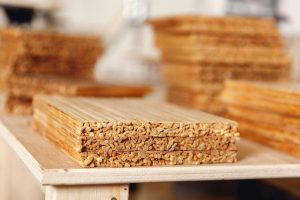 Around 100,000 chopsticks are discarded in Vancouver, British Columbia every day, and that fact has led to a unique line of recycled products.
Around 100,000 chopsticks are discarded in Vancouver, British Columbia every day, and that fact has led to a unique line of recycled products. A reporter tests the expiration dates stamped on food, and a curbside recycling contract dispute gets dirty.
A reporter tests the expiration dates stamped on food, and a curbside recycling contract dispute gets dirty. A legal petition filed last week claims a mixed-waste processing facility being built by Waste Management in California could harm source-separation efforts.
A legal petition filed last week claims a mixed-waste processing facility being built by Waste Management in California could harm source-separation efforts.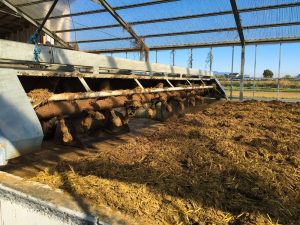 Materials recovery facilities have long been vocal about the impacts they’re seeing from a shifting waste stream. A new group is now aiming to elevate the voice of compost operations in that conversation.
Materials recovery facilities have long been vocal about the impacts they’re seeing from a shifting waste stream. A new group is now aiming to elevate the voice of compost operations in that conversation.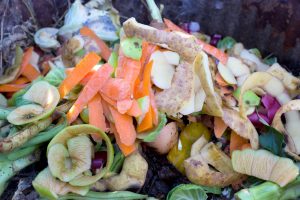 This is the first in a series of four articles that will discuss three codependent variables that must be addressed as part of any attempt to capture food waste from residential, institutional or commercial settings.
This is the first in a series of four articles that will discuss three codependent variables that must be addressed as part of any attempt to capture food waste from residential, institutional or commercial settings.